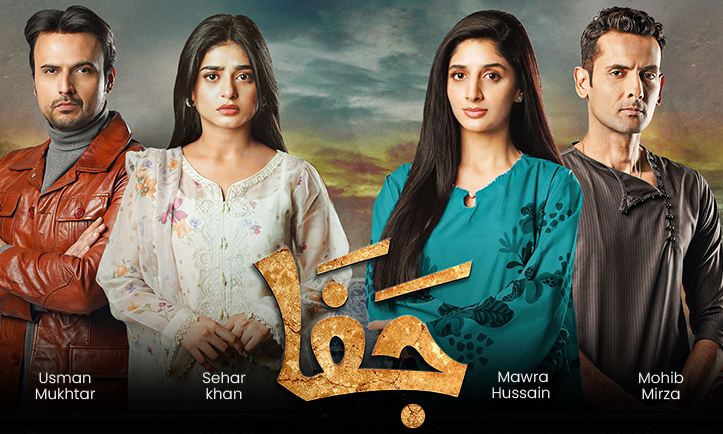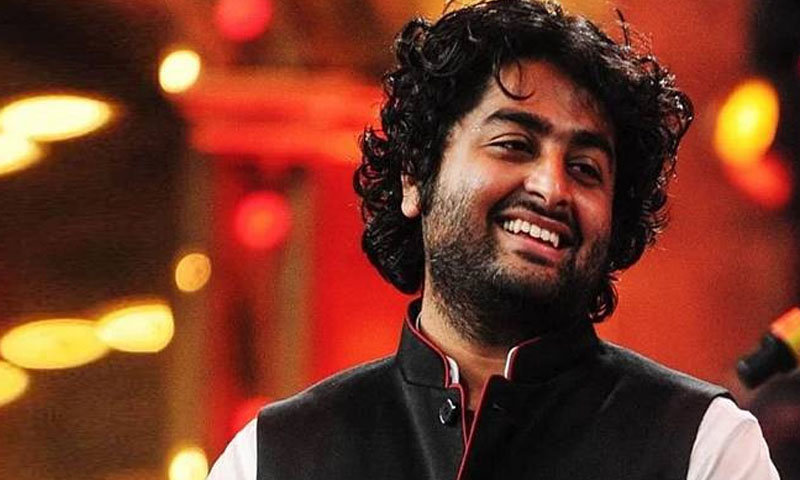- Web
- Feb 12, 2026
Jaffa: A reflection of society’s silence on male mental health
-

- Shazia Anwar
- Oct 19, 2024

The drama serial ‘Jaffa’ addresses significant societal issues and highlights the power of the drama industry, which goes beyond mere entertainment to educate and inform audiences. From its inception, ‘Jaffa’ has tackled complex social dilemmas that many shy away from discussing. Initially portrayed as a simple love story, it evolves to address the stark realities faced by young couples and their families. The narrative underscores parents’ urgency to marry off their daughters as a means of preserving family honour.
The plot further delves into the lives of Dr Zara, played by Mawra Hussain, and her husband Hasan, portrayed by Mohib Mirza. It carefully examines how childhood experiences shape adult relationships and the ensuing complications in Hasan and Dr Zara’s marriage. Following the twelfth episode, viewers began to recognise Hasan’s troubling behaviour as representative of broader societal red flags, sparking discussions among fans. The drama has taken a dramatic turn, with each episode building anticipation, especially following the airing of the twenty-first episode, which ignited conversations across social media.
Mohib Mirza’s performance as a man struggling with mental health has resonated with audiences. He contends that a significant majority of individuals grapple with mental health issues, emphasising that such challenges are not marks of masculinity but rather indications of deeper emotional struggles. He advocates for seeking professional help rather than hiding these issues, highlighting therapy as a vital step toward healing. ‘Jaffa’ is successfully encouraging viewers to confront these painful realities and recognise the importance of ending toxic relationships to enhance one’s quality of life.
As the story unfolds, Dr Zara’s attempts to support Hasan become increasingly challenging, ultimately leading her to face a critical decision. Mohib Mirza notes that men often perceive these issues as matters of honour and pride. Through Hasan’s character, he hopes to convey that such behaviour is not heroic and should be addressed openly. He believes that if their message reaches just one individual, their mission is accomplished. “We are not promoting divorce,” he clarifies, “but rather advocating for wise decision-making when faced with unbearable circumstances. Much like removing cancerous tissue from the body; sometimes it’s necessary to let go.”
Mawra Hussain adds her reflections on the challenge of portraying scenes of violence, stating that these moments are emotionally taxing for her. She empathises with the pain that domestic violence inflicts on families, expressing her hope for a society that evolves and improves. The series has struck a chord with viewers, many of whom relate Hasan’s troubling behaviour to men in their own lives. Fans have applauded Dr Zara for her resilience in confronting her husband’s volatility.
Feedback from audiences reveals a mix of fear and frustration regarding Hasan’s refusal to seek medical treatment despite his status as an educated and affluent man. Many have commended Mohib Mirza for his compelling portrayal of a character battling post-traumatic stress disorder.
‘Jaffa’, a production by Momina Duraid, features a stellar cast, including Mawra Hussain, Mohib Mirza, Shahr Khan, Usman Mukhtar, Nadia Afgan, Farah Sadia, Nouman Masood, Laila Zubairi, Anam Gohar, and Zarar Khan, with direction by Danish Nawaz and a script written by Sameer Afzal.




